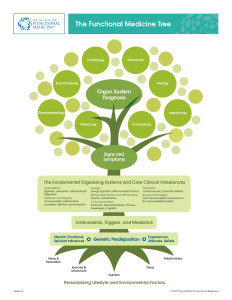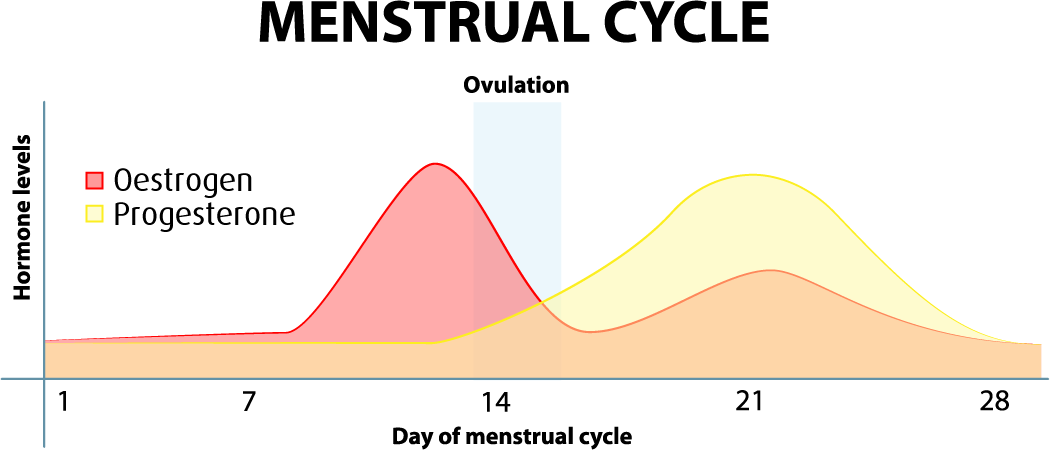The traditional medical model of doctor diagnosis for a set of presenting symptoms has long been accepted in society. However, these symptoms are generally the result of underlying imbalance in the body’s self-regulating mechanisms and natural healing capability. Looking only at symptoms is the crux of why so many are on multiple medications, called polypharmacy, and leads to the potential for multiple secondary side effects. Medications, while useful for short-term condition management, should not become a long-term crutch. While there are exceptions to this, it isn’t hard to see that in today’s society drug advertisements are exploding everywhere we look, from the television to magazine ads. Why is this? Because the root cause of the disease is not being treated; thus, many people tend to think they are relegated to medications for the remainder of their lives.
This is where Functional Medicine comes into the picture with a revolutionary approach to health and wellness. The basic tenants of this new health model strive to create an environment wherein practitioner and patient work together to identify “…the underlying causes of disease, using a systems-oriented approach…” (The Institute for Functional Medicine: About Functional Medicine). We look at the overall picture of the person’s life, including:
• Sleep habits
• Stress levels and relaxation techniques
• Exercise habits
• Nutrition
• Genetics, through family health history
• Relationship patters
When the whole person is viewed in the context of his/her life experiences, genetic variables, and health conditions, it allows the patient and practitioner to find “triggers” that upset the body’s homeostasis, or the ability to heal and repair itself. The favorite saying: “You can’t shave off the branches of the family tree, but you can support the root from which it grew” is the analogy to identifying and treating the root cause of all underlying conditions. Basically, disease is the body’s way of saying it needs help at a deep cellular level.
The approach of Functional Medicine treats all aspects of the person: body, mind, and spirit. Many practitioners are advancing to this new level of care, including doctors, nurses, chiropractors, and acupuncturists. Functional Medicine continues to grow in the United States, and the patients being seen by such practitioners are experiencing a level of health that was once just out of reach. This approach is well rounded and based in science, including genetics, nutrition, pharmacology, pathophysiology, microbiology, and even psychology. There are multiple approaches to health and wellness. It takes a team effort. Find a practitioner who will work with you to uncover the hidden causes of disease and revolutionize your health.
Contributed by Terri Caunt, R.N., B.S.N.
Works Cited
The Institute for Functional Medicine: About Functional Medicine. (n.d.). Retrieved January 5, 2016, from The Institute for Functional Medicine: https://www.functionalmedicine.org
Picture source: The Institute for Functional Medicine: How is Functional Medicine Different?






